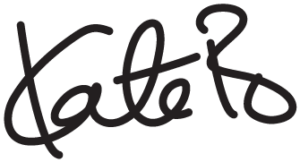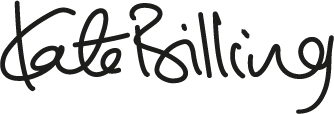"When you’re fearful of aging, you don’t step into your full power and potential"
From ‘Not Done Yet!’ by Bonnie Marcus
As International Women’s Day dawned, it was the inequity of GENDERED AGEISM that was on my mind.
Given the 3000+ reactions and 600+ comments that my LinkedIn post on the subject received, it’s something that is also on the minds and in the lived experience of many!
Workplace ageism is something women experience throughout their careers. First we’re too young. Then, all too quickly, we’re too old. It starts at 40 and continues at avalanche pace into our 50’s and beyond.
I’ve experienced this throughout my working life but it’s the INTERNALISED AGEISM of a lifetime of social programming that came screaming into my attention as I hit my 50’s a few years ago.
I started having a very real intra-personal struggle with everything that began to arise in my consciousness about being identified as the stereotypical ‘middle aged woman’.
It started with deciding to stop colouring my hair and letting my (now silver) natural colour come through. I experienced a daily internal conflict between the desire to be ‘real’ and to look younger and my previously unseen fears of looking old, becoming invisible and irrelevant, and being thought of as ‘past it’ surfaced with unexpected speed and force.
Recently, a team of researchers at the University of Exeter surveyed women who chose not to dye their gray hair, and found a conflict between wanting to look NATURAL and being seen as COMPETENT.
“We are all constrained by society’s norms and expectations when it comes to appearance, but expectations are more rigorous for women – especially older women,” said Vanessa Cecil, lead author of the study.
“The ‘old woman’ is an undesirable character in Western societies, being seen as incompetent or unpleasant – if she is seen at all. In our study, we wanted to understand why some women choose natural gray hair.
In the face of impossible standards to be both natural and remain youthful forever, these women are doing what they can to retain status.
Although many reported negative consequences such as being ignored, they also felt happier. Responses suggested that the key trade-off was between authenticity and being seen as competent.
Women reported being shamed – including by family and friends – for being too natural (“letting oneself go”) but also wanted to avoid looking as if they had tried too hard to conceal their age (“mutton dressed as lamb”).”
‘Damned if you do and damned if you don’t’ comes to mind!
This speaks to something deeply rooted in our society about the visibility and value of women as we age – something that it feels very important for us to think about in terms of the internalised ageism we may have against ourselves, as well as the ways in which this shows up in our workplaces.
With more midlife women in work than ever before (we’re the fastest growing workforce demographic on the planet!) I firmly believe we are entering the power years of our careers and leadership journeys.
We MUST address the gendered ageism biased against women in our workplaces and society if we are to live and lead in all the ways we want to and have a potential and positioning for.
Gen X women are used to fighting discrimination and inequity.
This feels like our next foray.
Who’s with me?


